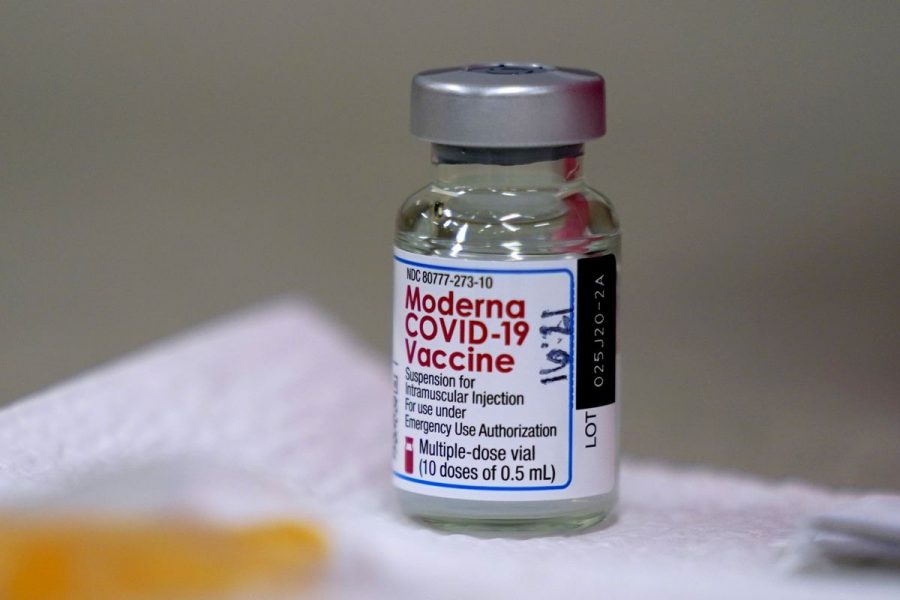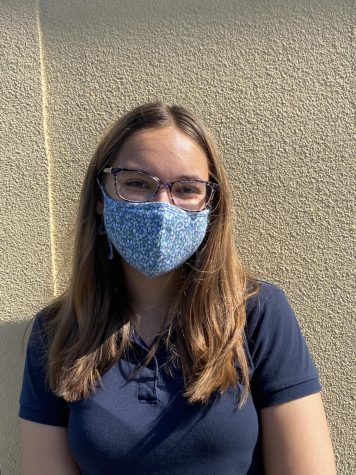How to Avoid COVID-19 Vaccine Scams
This image is a close-up picture of the COVID-19 vaccine. Scammers have preyed on the public’s need for such vaccines and have scammed numerous people.
February 24, 2021
Scammers have chosen to capitalize off of the uncertainty and chaos of COVID-19 vaccines. Luckily, there are a few easy ways to determine whether or not you are being scammed.
The Federal Trade Commission (FTC) warns of these scams, listing three ways to avoid them. First, the FTC notes that you can’t pay to put your name on a list to get the vaccine or to get early access to the vaccine. The FTC also states that “nobody legit will call about the vaccine and ask for your Social Security, bank account, or credit card number.” Overall, you should dismiss any vaccine offers that ask for any personal or financial information.
Michael Connory, a cyber security consultant and CEO of the company Security in Depth, claimed that scam emails relating to vaccine programs were prevalent in the US and UK. Connory stated that the scammers have “scammed numerous people, tens of thousands of people over in the UK, as well as in the US.”
As Australia rolls out a new vaccine program, experts warn of potential COVID-19 scammers in Australia. They partly suspect this due to the influx of COVID-19 vaccine scams in other countries, where scammers have preyed on the public’s need for vaccines.
Fraud consultant Gavin Levinsohn talked on this suspected increase, saying that “we know this because the number of vaccine-related domains or website addresses that have been set up over the past few weeks … are in the thousands, which is a precursor to phishing scams related to the imminent distribution of vaccines.” Levinsohn then warned that these scams “will look like a legitimate email coming from a government agency.”


